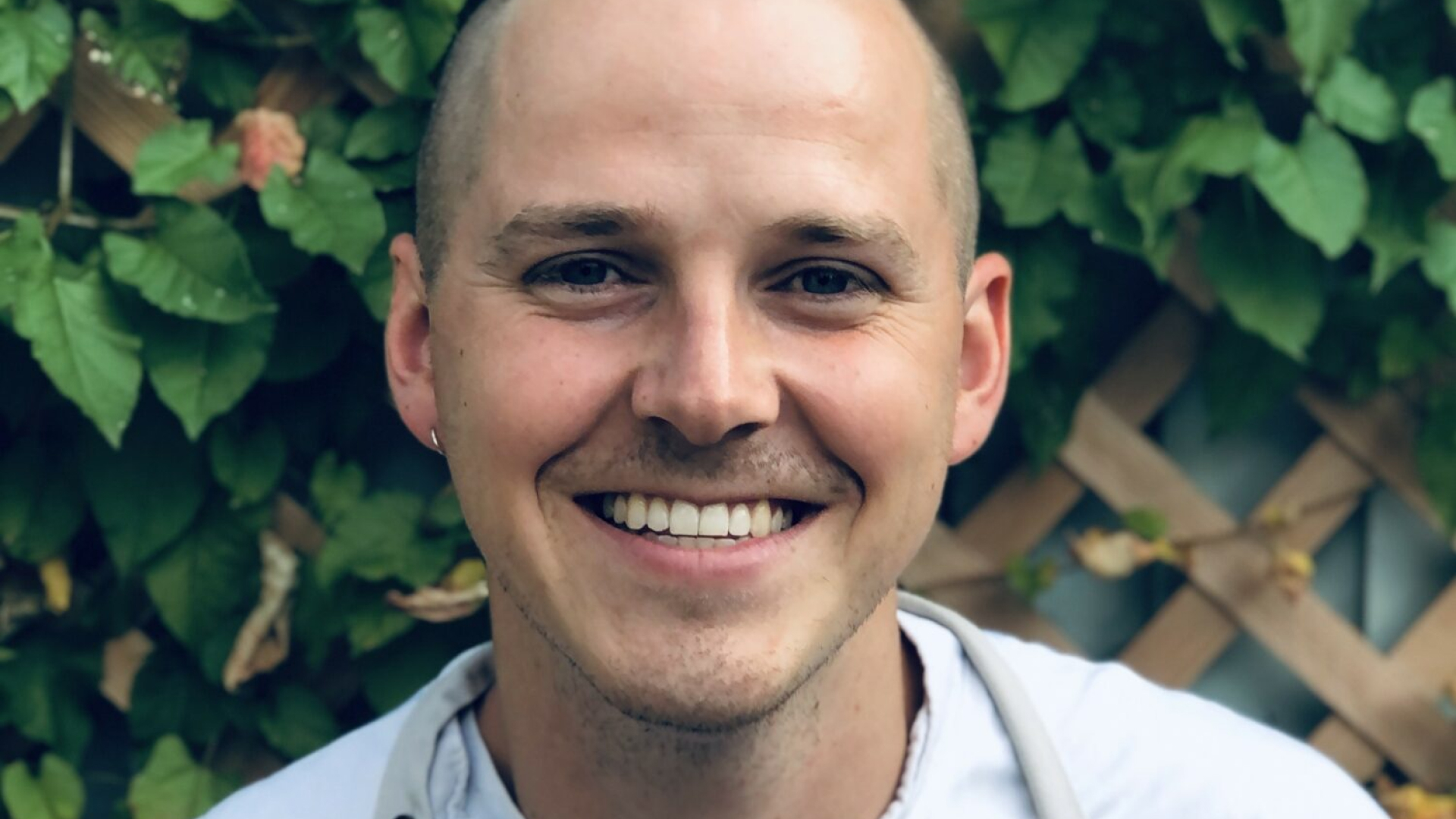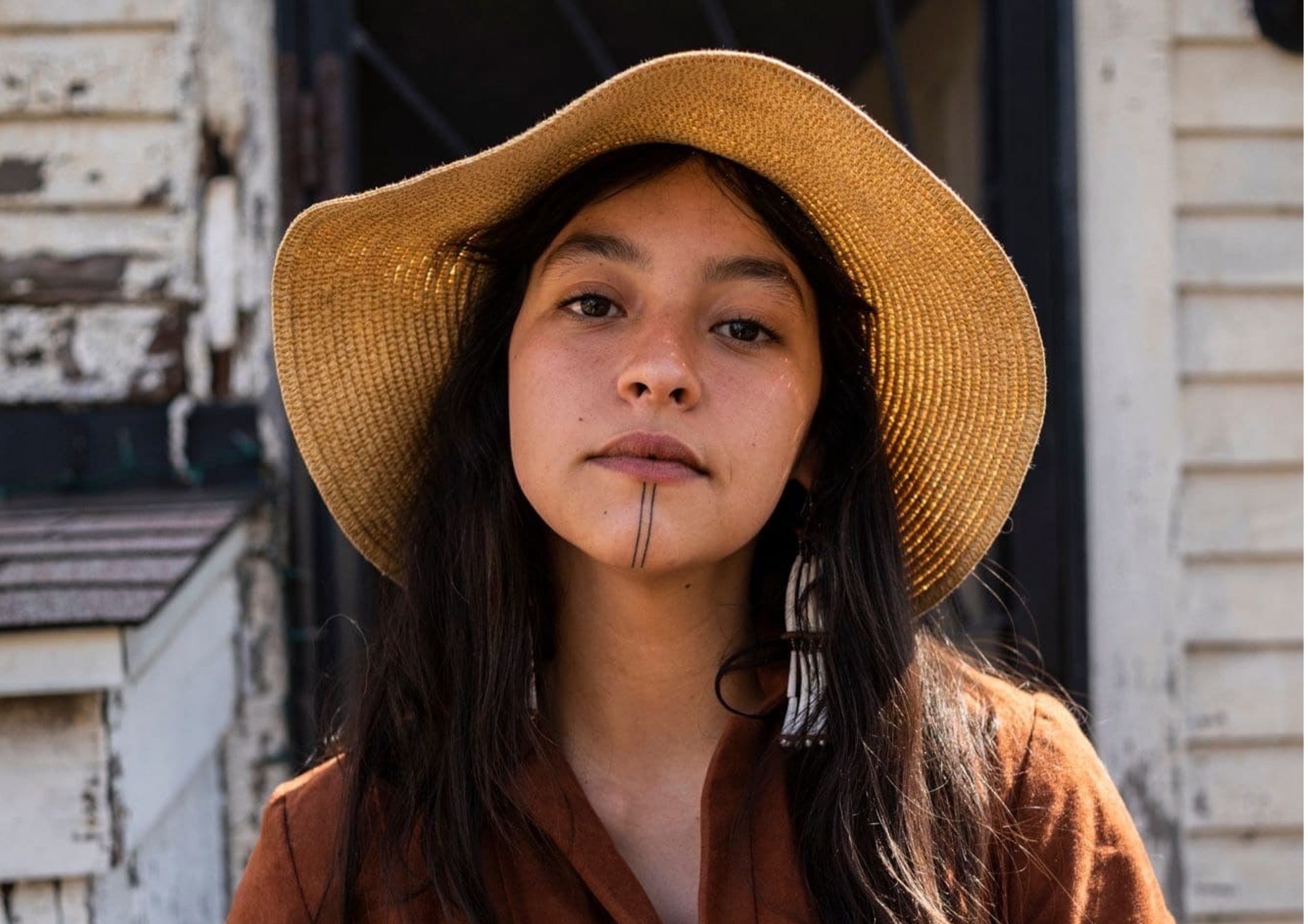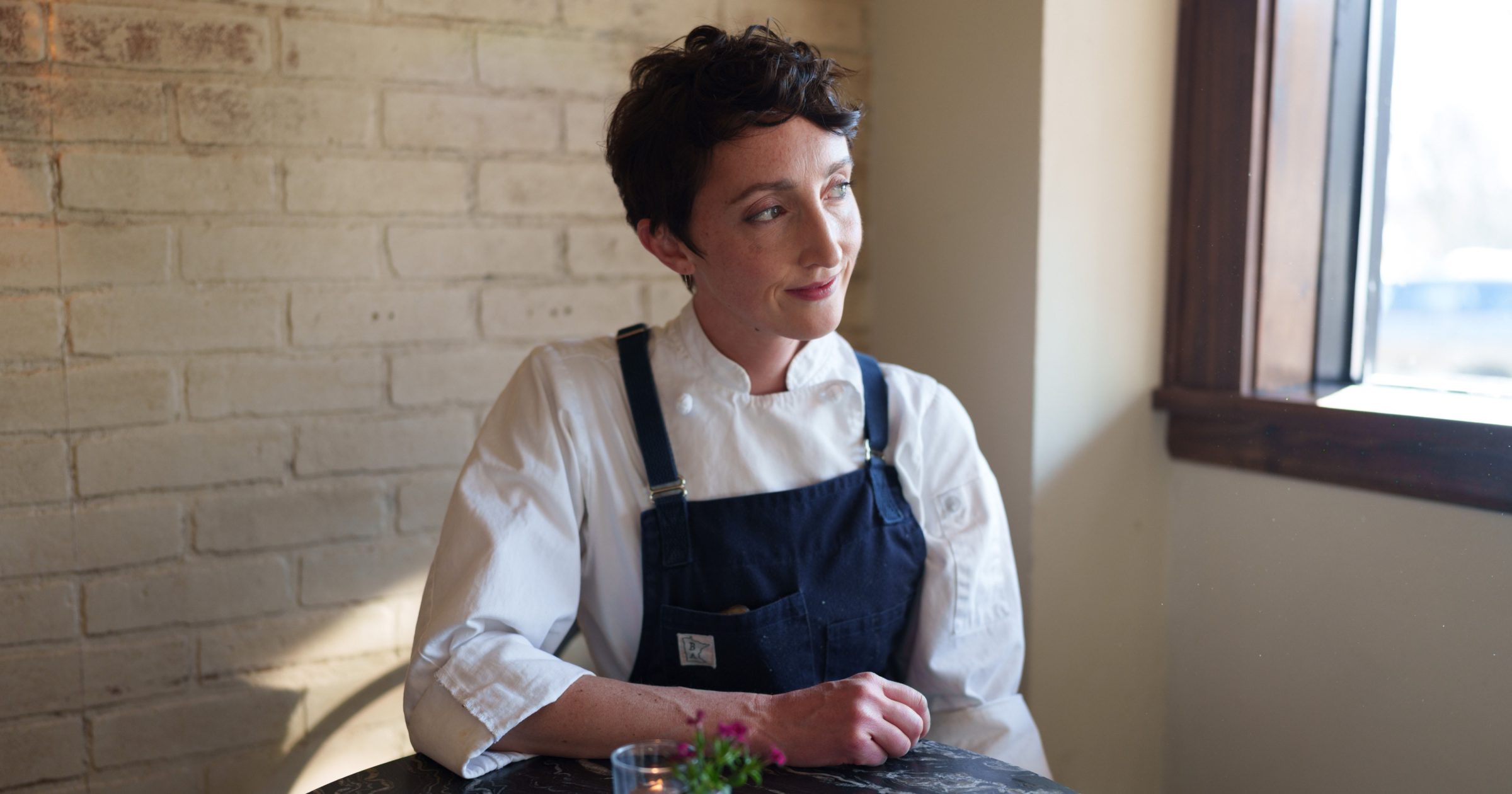5 Questions with Shiv Menon
After country-hopping since he was 16, from the Seychelles to France, India to the Maldives, two things were important to Shiv Menon: diving and biodynamic wine. So, naturally, when asked to join the MICHELIN Green-starred BOCA in Dubai —leaders in sustainable gastronomy— he was on the next flight to the City of Gold. Now as Head of Hospitality, Wine & Beverage, Shiv shares his experience with leading a diverse team, marrying hospitality with ocean restoration, and why, above all else, he “believes in respecting all that comes from the Earth”.
You’ve always been a big advocate for circularity, is that what initially drew you to MAD Academy? And what were you hoping to get out of the Business & Leadership course as a seasoned sommelier and hospitality manager?
“At BOCA, we believe in creating a sustainable impact not only locally or regionally, but globally. So, many of my colleagues had already gone through MAD Academy. I wanted to come to MAD with an open mind, but was really interested in learning how to break down the steps of sustainable change, and how best to communicate them to our staff. I’m working with about 25 nationalities every day, from Zimbabwe to the Philippines, each with a very different background and mindset. I needed tools to translate what can be very technical into something easy to understand – for the information to flow easily down the line, so even something as small as the impact of how much detergent we use is understood and considered.
Also, coming to the Middle East where everything operates on a huge scale in the hospitality industry, I needed to upgrade my skills – and MAD was the game-changer.”
How have you applied what you learned at the Academy?
“One of the biggest things was implementing a Waste Officer to monitor food waste from the kitchen sections and tables. This has helped us reduce our waste significantly. We try to repurpose a lot, for example, we created an entirely new recycled cocktail program and we use orange peels and other fruit waste to make marmalades, oils, etc. We give any other waste to our local Waste Lab to be reused or composted.
The other significant change MAD inspired was an increased focus on local ingredients – many assume the United Arab Emirates (UAE) is quite barren but really, we just had to look closer and work a bit harder. Now, we’re working with a local oyster program, using the oysters in our dishes while helping to build and restore coral reefs. We’re building an onsite garden for desert herbs, and are also focussing on offering wines closer to the region. While it’s great to have French wines by the glass, now, a certain percentage of our wines come from places like Syria, Lebanon, India, and Turkey. And I’m also looking into importing wines from Palestine.
Lastly, we’re also one of the only restaurants here to use renewable energy sources from the solar fields in the desert – we recently tapped into the grid line, which was one of our biggest achievements.”
In your view, what’s the status of sustainable hospitality in the UAE or Dubai specifically? Do you feel like the movement is gaining momentum?
“I think the biggest challenge here is for other restaurants to join the cause because everything here works on mass commercialization – everything must be big and profitable. Hospitality is generally prioritized because of the money it generates, but we need to show people that you can be successful while also still caring about the environment. In fact, we don’t go around telling people we’re a sustainable restaurant, we rather say we’re a normal restaurant that puts the environment first. But to get things really progressing, it’s all about proof. So, that’s why we wanted to work with the Food Made Good Standard.
On the other side, thankfully, I can also see consumer behavior changing. People can famously smoke in restaurants and bars here in Dubai and if you said, ‘No more smoking inside’, you’d lose about 40% of your clientele. But I noticed after COP20 taking place in Dubai, a lot of guests appear to be ashamed to smoke indoors and now quietly go outside the restaurant.”
How have you been progressing with the Food Made Good certification, and what have been the biggest challenges with hitting those targets?
“With each question to answer, out of 100, you need to upload supporting documentation – evidence. That was a wake-up call and a significant catalyst for more development. As an example, we had to pen our first environment procurement policy, which involved speaking to all of our vendors to confirm everything is sourced and delivered to a certain standard. Another question was: ‘How do we ensure that our octopuses are single-line caught?’ So, we had to get written proof from our supplier in Malaysia.
Thankfully, we recently finalized our Food Made Good Framework and achieved a three-star rating! We’re so proud of this accomplishment and are continuously analyzing our data to make improvements, even in really small areas.”
You place a lot of emphasis on environmental sustainability but what about social sustainability? How are you working to support the health of your staff?
“We want this journey to be a collective process where everyone can take initiative and ownership. Where the waiters not only narrate our sustainability story but take part in creating it. All our staff’s input and perspective is key to our manifesto.
We also place emphasis on mental health and well-being. More concretely, we asked staff about satisfaction and noted that one of the main pain points was getting to work – either taking the metro, train, or bus. So, this year, we’re planning to increase people’s salaries so they can hopefully live closer to work.”




